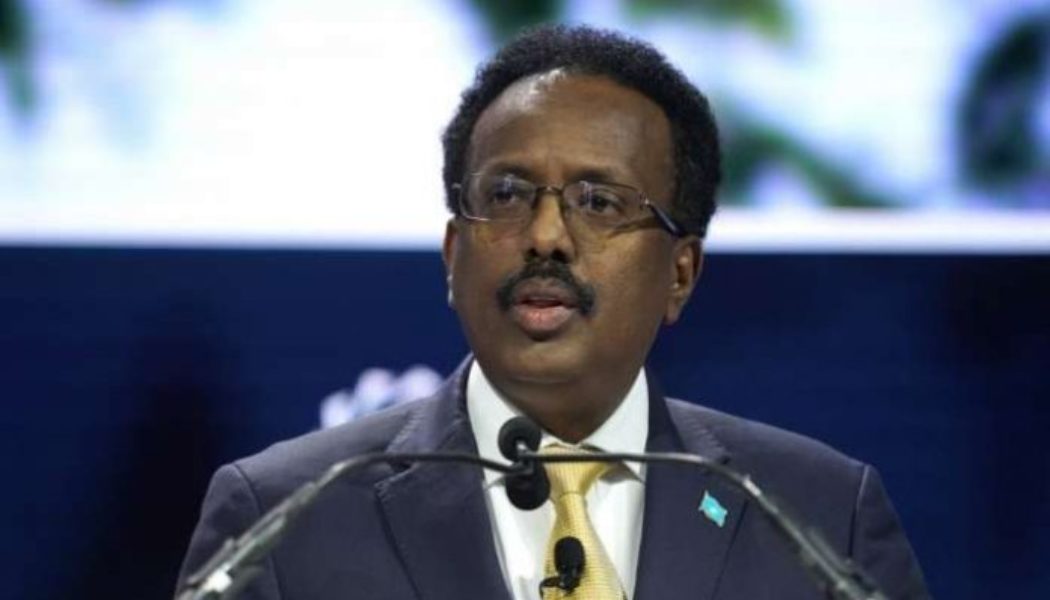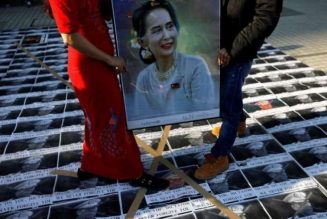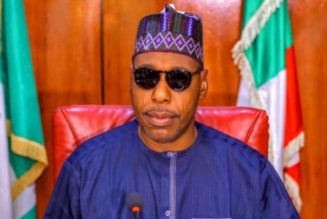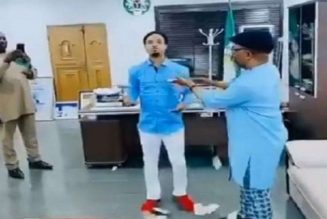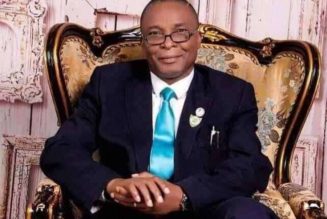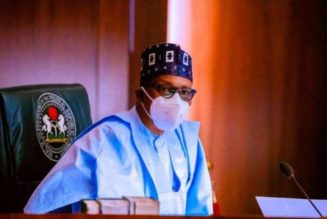
Somalia’s prime minister on Sunday invited regional leaders to a fresh round of negotiations in the hope of resolving a protracted feud over elections that sparked violence in the capital.
The troubled Horn of Africa country is experiencing its worst political crisis in years, with fighting erupting in Mogadishu last week after the president extended his mandate by two years without going to elections.
Opposition fighters remain in the capital even after President Mohamed Abdullahi Mohamed backed away from the mandate extension at the weekend and agreed to hold a fresh vote.
The president, better known by his nickname Farmajo, tasked his prime minister with reaching out to rivals and overseeing the negotiations, a key opposition demand.
A government spokesman said Prime Minister Mohamed Hussein Roble had invited the leaders of Somalia’s five semi-autonomous states to roundtable talks later this month.
“The prime minster expects the heads of the federal member states to accept his invitation and attend the conference scheduled for 20 May,” the spokesman, Mohamed Ibrahim Moalimu, told reporters late Sunday.
Roble also met with opposition heavyweights to discuss stability in Mogadishu, which has been on a knife’s edge since rival factions of the security forces traded gunfire last week, leaving three people dead.
“The prime minister is committed to having everything resolved peacefully and to prepare for the upcoming national reconciliation conference,” the government spokesman said.
Some fighters in opposition strongholds have refused to leave Mogadishu following the clashes that forced tens of thousands of civilians from their homes.
“There are armed men loyal to the opposition in trenches in front of our homes, and we can’t go back until they are gone,” said one resident of the capital, Abdirahman Jeego.
The EU’s ambassador to Somalia Nicolas Berlanga said demilitarising Mogadishu was “the priority for now”.
“Those that want to play a positive role towards elections should support PM Roble in his key tasks. Division of Mogadishu with militias or out-of-line-of-command security forces is not helping Somali people,” he posted on Twitter.
Farmajo struck a deal with the states in September that paved the way for indirect elections before the government’s term expired in February.
That agreement collapsed as Farmajo and the leaders of two states, Puntland and Jubaland, squabbled over the terms.
But under domestic and international pressure, Farmajo agreed to return to the terms of the September agreement, a decision welcomed by his opponents as a step forward.
Six months of UN-backed talks however failed to salvage the agreement the last time around, and analysts warn that without external pressure the impasse could fester without resolution.
